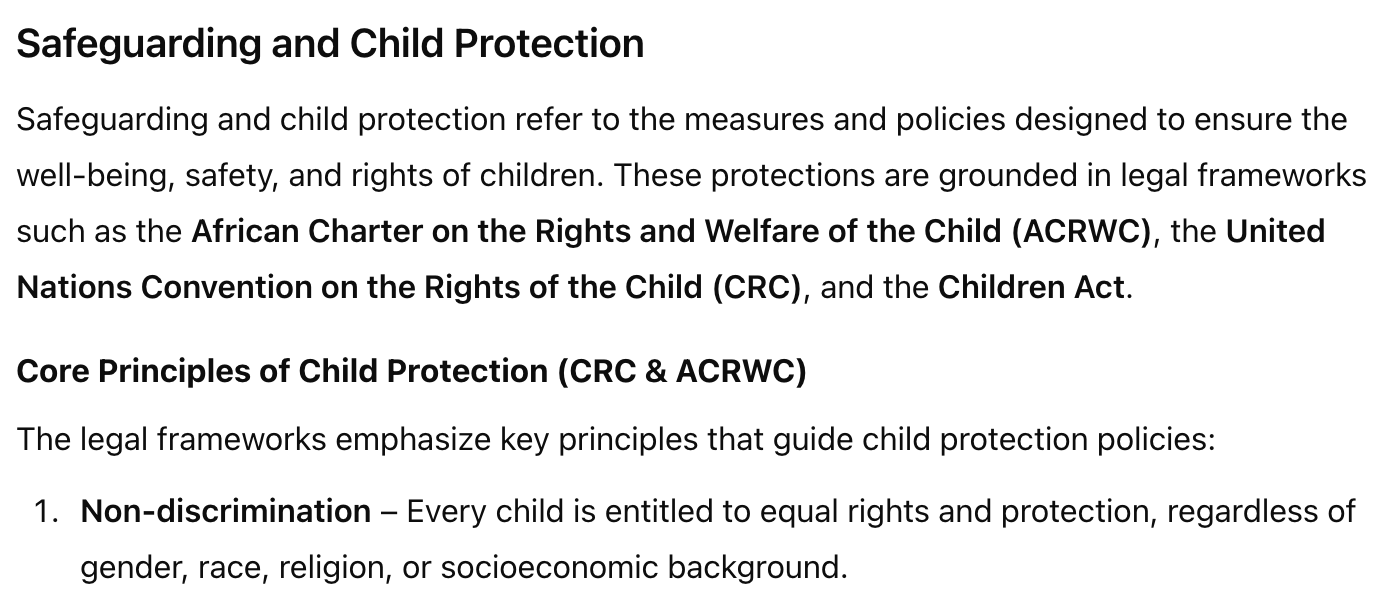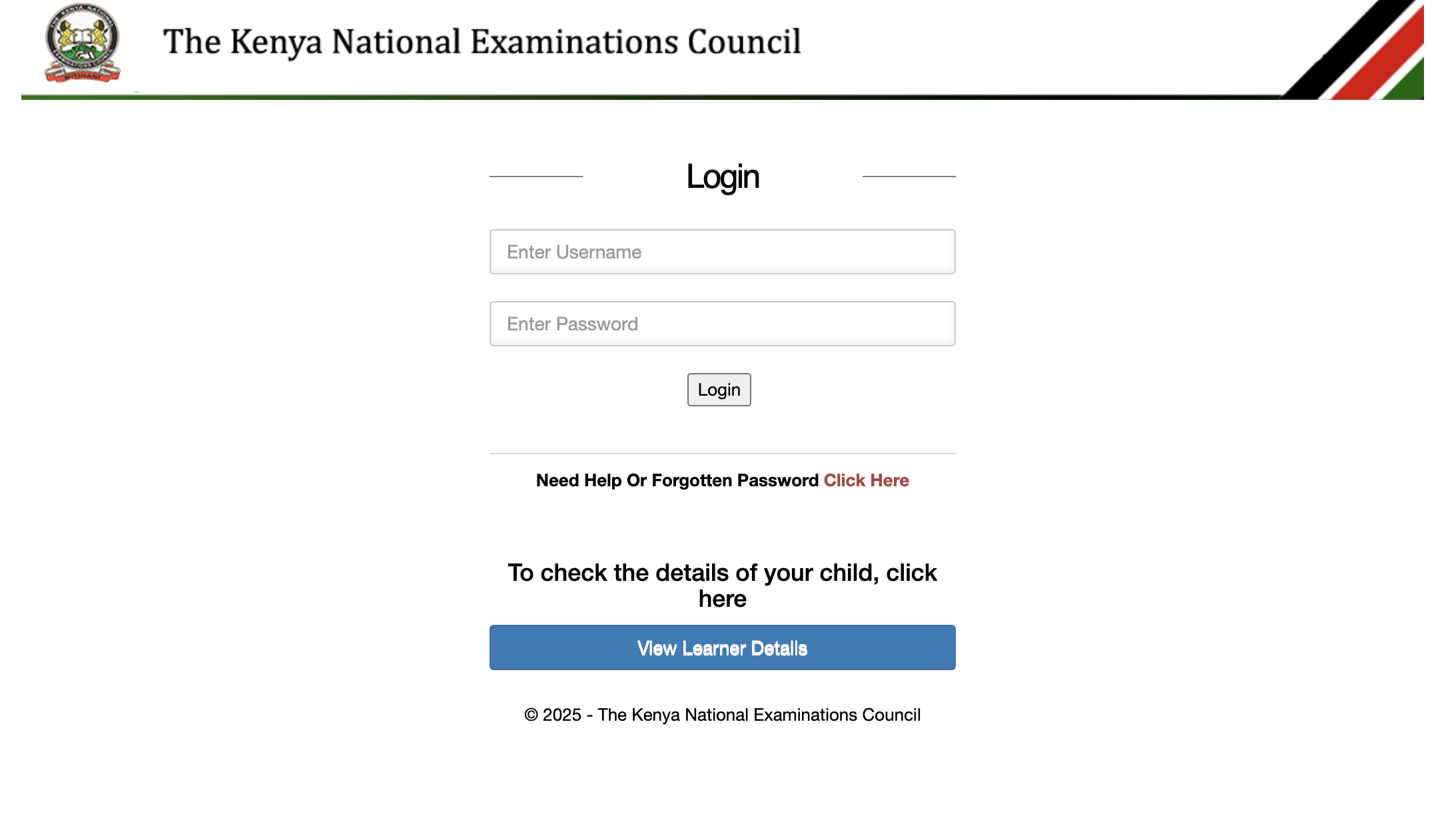Personal finance can be a long, difficult journey. It won’t be without mistakes and errors, but with every misstep comes an opportunity to learn. These eight lessons represent real-life experiences, and they serve as markers on the path that others have taken to financial health. If you’re looking for direction, consider thinking of them as signposts.
Lesson #1: Use a budget to make a plan for your money.
Budgeting allows people to create a spending plan for their money that ensures that, one, they will always have enough money to cover needs, and two, they will have a way to reach financial goals. By following a budget, people are less likely to fall into debt or are better able to climb out of a negative cycle of debt.
Lesson #2: A penny saved is better than a penny earned.
The time value of money (TVM) is the financial concept that money available right now is more valuable than an equal sum of money available at a later time. Provided that money can earn interest, this core principle of financial education holds that any amount of money is worth more the sooner it is received.
Lesson #3: Don’t buy what you can’t afford.
The simple rule of credit is to not buy more than you can afford. Why? The interest charges alone will have you wasting more money than an expense is originally worth.
Lesson #4: Delayed gratification will pay off in the future.
We all know that building wealth for the future is more important than spending on fleeting wants and desires. It’s hard to put this knowledge into action, however, because it directly conflicts with how we’ve been wired. Humans are addicted to instant gratification. In all areas of life we’ve been conditioned to see it and want it—finances are no exception. Relying on financial tools, such as budgeting and automatic deposits to savings, can change that.
Lesson #5: Don’t be discouraged by negative financial stereotypes.
Money and gender have a complex relationship. Due to gendered structural inequalities in our society, women are directly impacted by how we teach about money, the types of financial resources available to them, and the financial conversations had about them.
Lesson #6: Have honest conversations about money.
It’s still a taboo for many to speak openly about personal financial situations. Luckily, a new appreciation for self-awareness is changing the conversation. It’s cool to be introspective. Ask yourself how your relationship to money was formed and what negative financial baggage you still carry.
Lesson #7: Change your money mindset.
After you’re honest with yourself about your financial mindset, do the work to change any negative behaviors that you don’t want to carry into the next phase of your life. For instance, why do you rely on credit cards to fill your life with material goods? The answers may be uncomfortable and messy, but ultimately, working through your financial behaviors will lead to personal growth.
Lesson #8: Share your financial story with others, and listen in return.
Frankly, we as a society have a problem speaking about our personal finances. It may be easy to tell others when we’ve gotten a big promotion or when we’re finally able to purchase a home after years of saving, but what about when the conversations aren’t so pretty? What happens when we need to bring up issues of unequal pay in the workplace? The only way to fix these problems, and potentially avoid them all together, is by opening up to others about our financial struggles—in addition to our successes.





